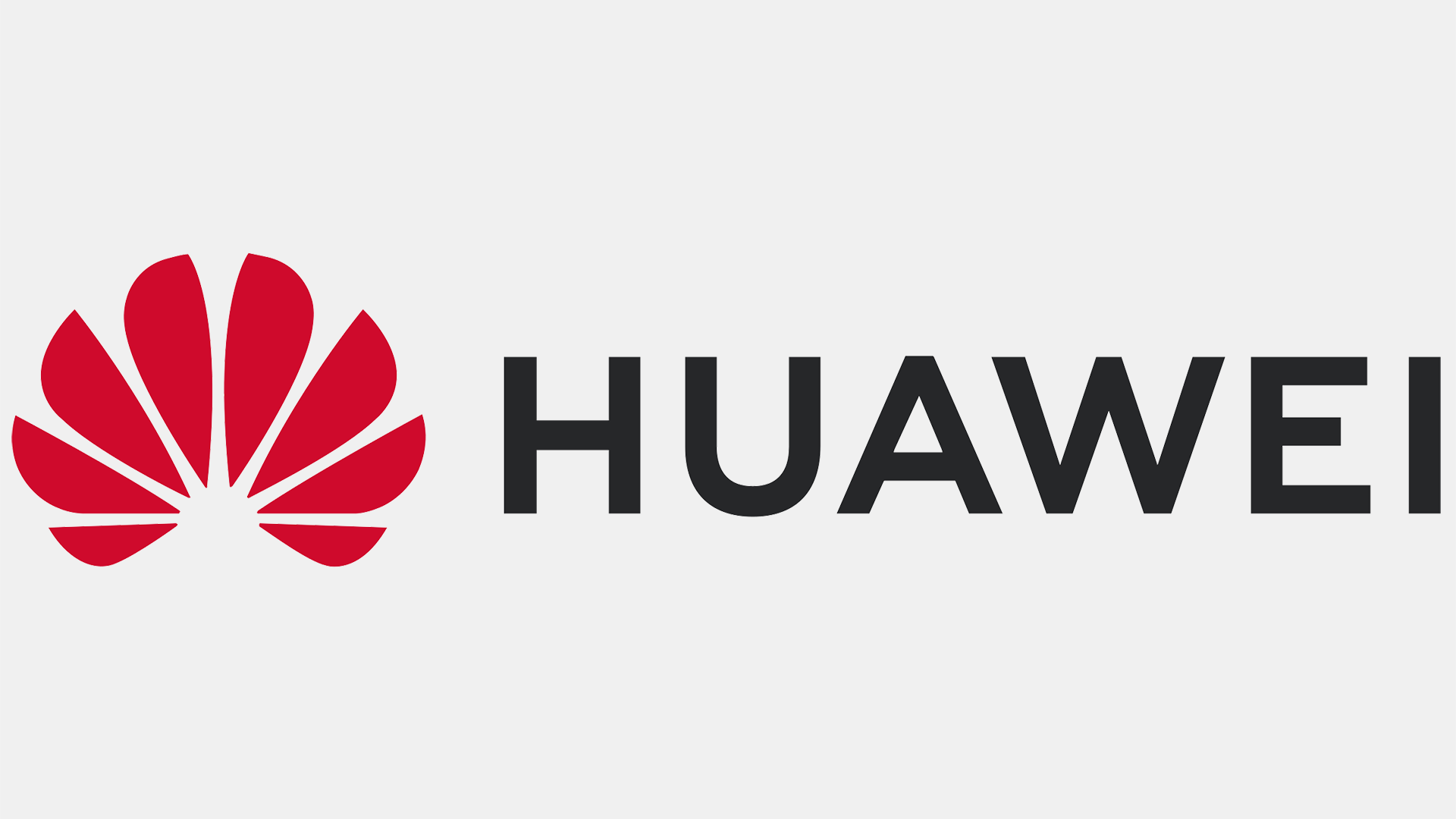Huawei says its mysterious new magneto-electric storage device offers unparalleled density
Up to 10 petabytes per rack.

Huawei says its new data storage device, the OceanStor Arctic, will significantly reduce cost and power usage compared to traditional storage technologies such as hard drives and tapes, according to a report from Block and Files. The device is based on the so-called magneto-electric disk (MED) technology, which could revolutionize the storage market — if Huawei manages to produce such disks in volumes. However, the company is keeping details of the mysterious new type of storage product under wraps for now, so it hasn't outlined the details behind the tech.
MED technology from Huawei will reportedly offer a rack capacity exceeding 10PB with a power consumption of less than 2kW. The product will be available internationally in the first half of 2025. The company also highlighted the technology's ability to lower total connection cost by 20% when compared to tape storage, and reduce power consumption by a staggering 90% in comparison to conventional hard drives.
The numbers presented by Huawei look quite impressive, as today, a typical 42U rack can house up to 288 HDDs, which can store up to 8.64PB of data (assuming it's equipped with Seagate's shiny new 30TB HDDs featuring heat-assisted magnetic recording (HAMR)). The power consumption of such a rack would be around 2.88kW, assuming that an HDD consumes 10W. There are 4U storage servers, such as the ASRock Rack 4U100-C612, that can house 100 3.5-inch hard drives and thus store up to 3PB of data at 1kW. 10 such machines would store a whopping 30PB — much better than Huawei's technology when it comes to capacity. However, such a rack would consume a lot of power.
Huawei provided little information about its upcoming OceanStor Arctic. Since the technology is a magneto-electric disk (MED), not a magneto-electric drive, we are dealing with something that has magnetic platters with tracks (and probably spins). The underlying principle of MED technology seems to be the magneto-electric effect, which creates a connection between the magnetic and electric properties of a material. We don't know how this applies to rotating disks.
Given the description, one of the first technologies that comes to mind is Western Digital's energy-assisted magnetic recording, which is used in various of the company's hard drives. Huawei's disks' exact form factor is unclear. Also, we're not sure how Huawei can achieve 90% reduced power consumption compared to HDDs using a rotating media technology.
The introduction of MED storage marks a significant milestone in general, however, as no existing MED storage products are on the market.
Get Tom's Hardware's best news and in-depth reviews, straight to your inbox.

Anton Shilov is a contributing writer at Tom’s Hardware. Over the past couple of decades, he has covered everything from CPUs and GPUs to supercomputers and from modern process technologies and latest fab tools to high-tech industry trends.
-
Sluggotg I won't be buying anything from Huawei. The CCP dictates back doors in all electronics for them to access the software/hardware. Great job, on this breakthrough, (if this is really a working Tech), but I hope it gets licensed to other companies not bound to CCP Access laws.Reply -
Niggle1981 With the amount of data the CCP is illegally harvesting from phones, cars and the like that are sold abroad, they're going to need constant breakthroughs like this to store all the data.Reply